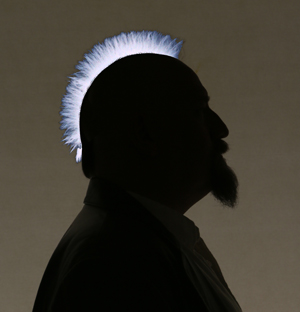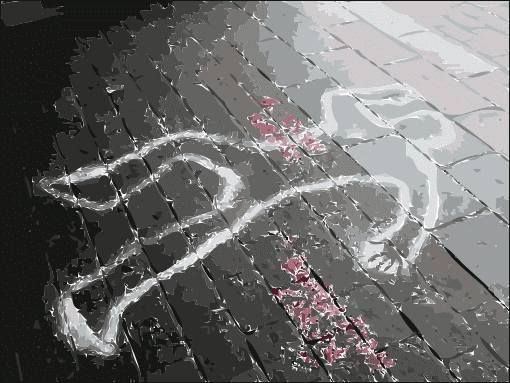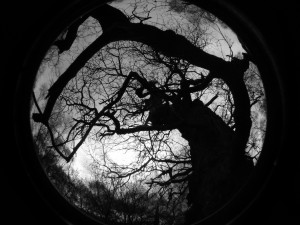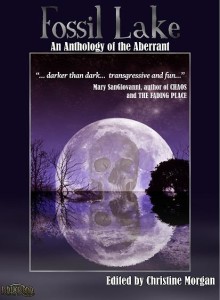 A while back I had to tell myself to put the keyboard down and step away slowly. As a result, there’s a project I haven’t touched in over a year. What’s worse is that one of the people from a critiquing group back then keeps asking me to finish the damn book.
A while back I had to tell myself to put the keyboard down and step away slowly. As a result, there’s a project I haven’t touched in over a year. What’s worse is that one of the people from a critiquing group back then keeps asking me to finish the damn book.
So what happened?
It’s simple. I fell in love with a major demon and his insidious sidekick. I was drifting away from the hero’s tale and letting that vile pair carry me along in directions I’d never thought of when I was plotting the story. It was starting to look like the demons were not only going to win, but win in a landslide of blood and death and violence and….
Errr… there it goes again. Sorry.
Over the course of the first twelve chapters, it was a lot more fun to step into a demon’s skin and lay waste to anything that crossed its path… and do so in what I must say were rather creative and cruel ways. And as I got deeper and deeper into it, my hero was left “over there” in the next room, waiting to get some airtime.
Writing is freedom. We’re gods in there, and we can literally do whatever we want. And sometimes we need to step back and realize that for the most part, the good guys have to win and there is such a thing as too much… especially when it comes to bad guys.
Maybe I’m old fashioned, and there are certainly great novels that have pushed the limits of even my rather fuzzy notions of propriety, but in my estimation, a story still needs a hero, still needs a villain, and the hero still needs to win unless there’s a very good reason for him or her not to.
So I put the keyboard down and stepped away.
I still have mixed feeling about that. It’s not that I have any qualms about putting together really despicable and dangerous characters. Far from it. It’s that there was a story I wanted to write—one I still do—and the demons were dragging me away from that. There’s a part of me that thinks I should have continued merrily on down that road. The words were flowing and I was literally running towards a destination. The problem was that I didn’t know what that destination entailed or where it ended.
I was running blind.
Let me couch this all with a little problem I have. I’m running a business, the business of writing, and my novels run too long for an author at my stage of his career. I need to crank out 90k-100k word novels, not 140k word novels. I know this is a problem, because my two finished novels, while good, are too long for their genre… which makes them a hard sell. It’s okay. The indie market has afforded a number of great opportunities, but I defined my parameters when I started, and for the book I was trying to write, 100k was and still is the max.
I made a business decision, and there it sits—waiting and watching… ready to grab hold of my brain once more. But the next time I pick it up, probably in the spring of 2015, I’ll be able to wrestle those demons and make them do what I want instead of the other way around. And if I can force them to do my bidding, I think it’ll turn out to be a damn good 100k-word novel.
The moral is, be careful what you write, and make sure you are writing towards a goal. And if you decide to change that goal along the way, be certain the course correction is in your best interests.
Q


 I admit up front that I don’t read much Horror. It’s not that I don’t like the stories or the work as a whole, it’s just that it makes me uncomfortable. And it’s supposed to, that’s its entire job! A good horror novel will take you through an emotional journey no other genre does. It elicits emotions of fear, confusion, pain, angst, and sorrow. All novels attempt to play with your emotions to some degree, but few attempt to do so in a way that is supposed to make you uncomfortable.
I admit up front that I don’t read much Horror. It’s not that I don’t like the stories or the work as a whole, it’s just that it makes me uncomfortable. And it’s supposed to, that’s its entire job! A good horror novel will take you through an emotional journey no other genre does. It elicits emotions of fear, confusion, pain, angst, and sorrow. All novels attempt to play with your emotions to some degree, but few attempt to do so in a way that is supposed to make you uncomfortable.